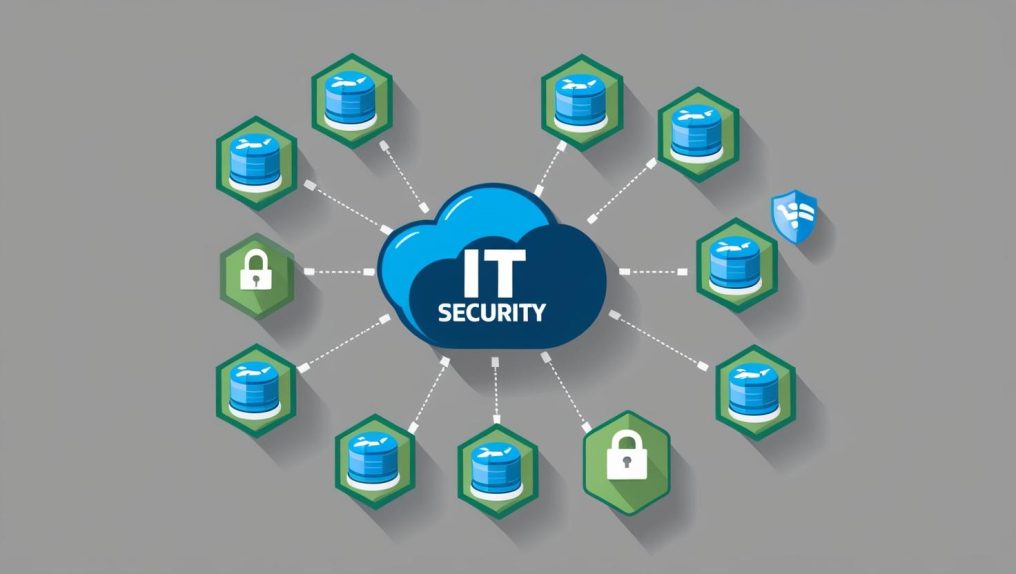Vendors carry unique risks; here’s how to address them Remember the TV show The Weakest Link? Running from 2000 to 2012, the show enjoyed quite a bit of popularity back in the day. Host Anne Robinson’s catchphrase “You are the weakest link-goodbye!” even became part of the cultural lexicon for a moment in time. A business’s cybersecurity strategy will inevitably have …
Alliant National Meets Rigorous SSAE 18 Type II Standards for the 7th Consecutive Year
Alliant National Title Insurance Company’s Agent Quality Management System Passes Service Organization Control Exam. Longmont, Colo. – (March 23, 2021) – Alliant National Title Insurance Company, a unique title insurance underwriter that partners with independent agents to improve their competitive position in the marketplace, announces the successful completion of the Service Organization Control (SOC) 1 SSAE 18 Type II examination for …



